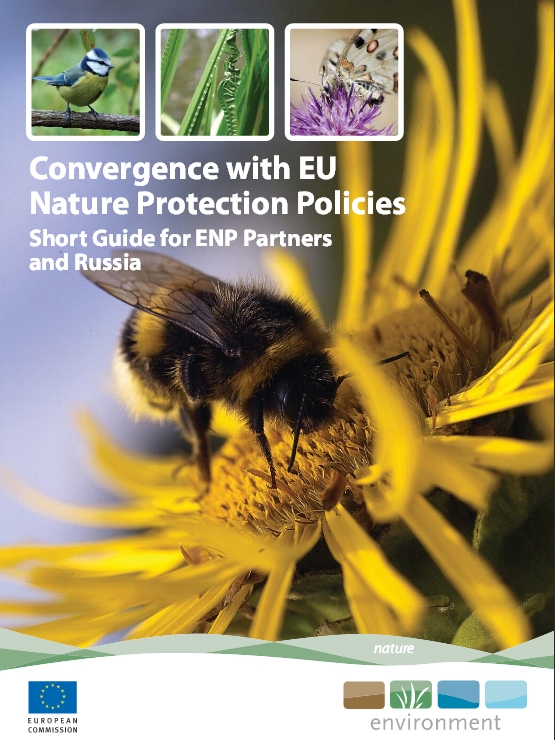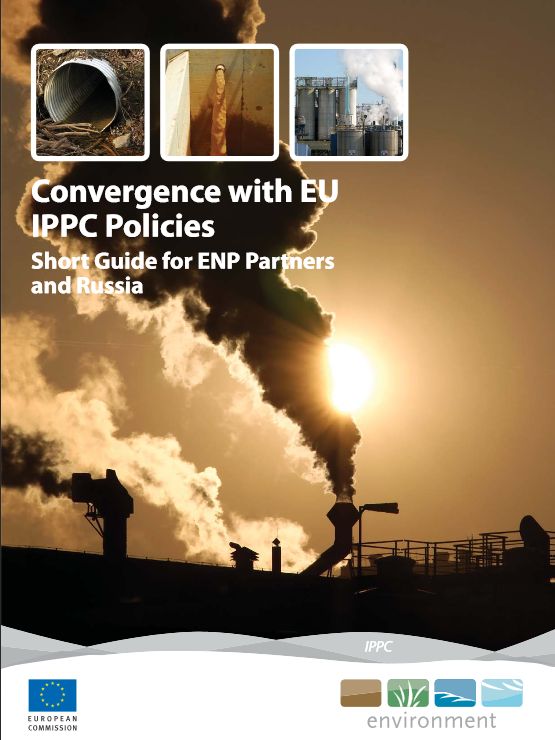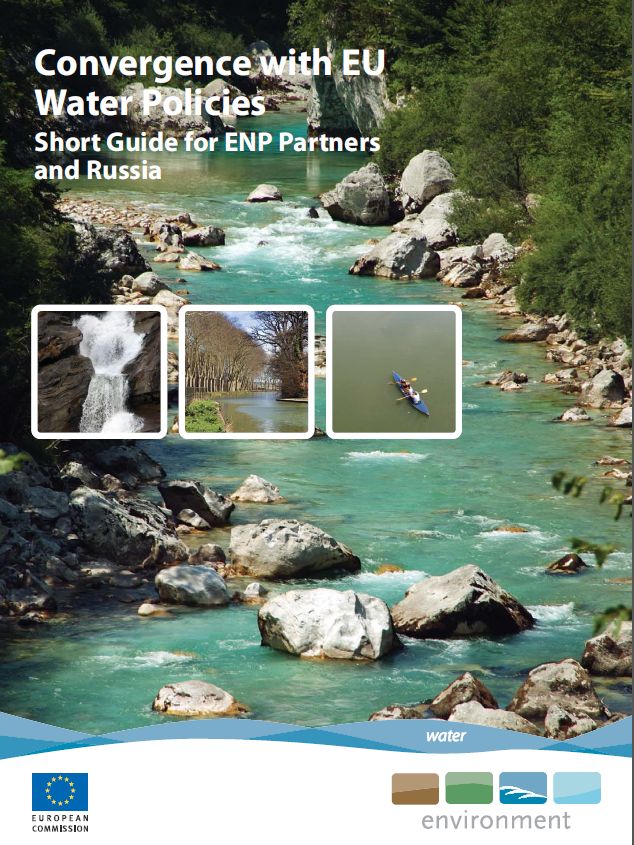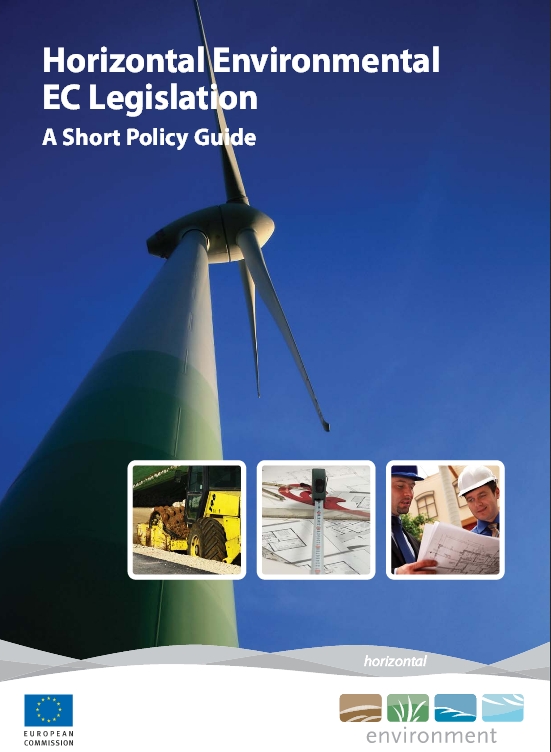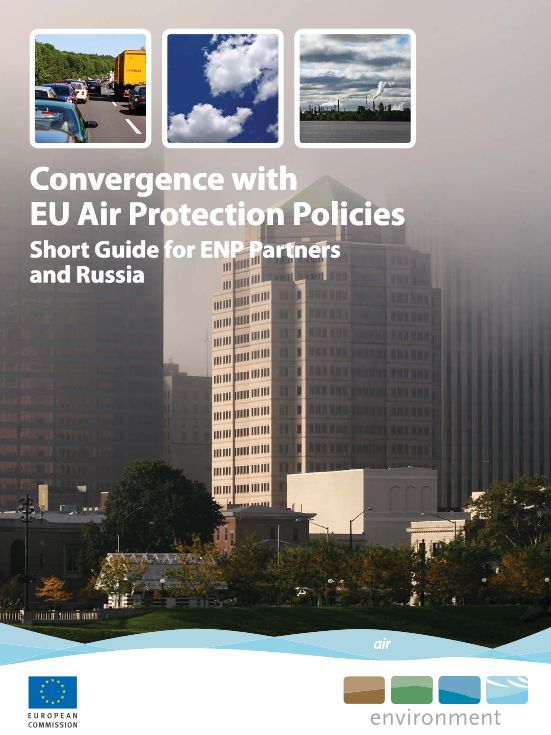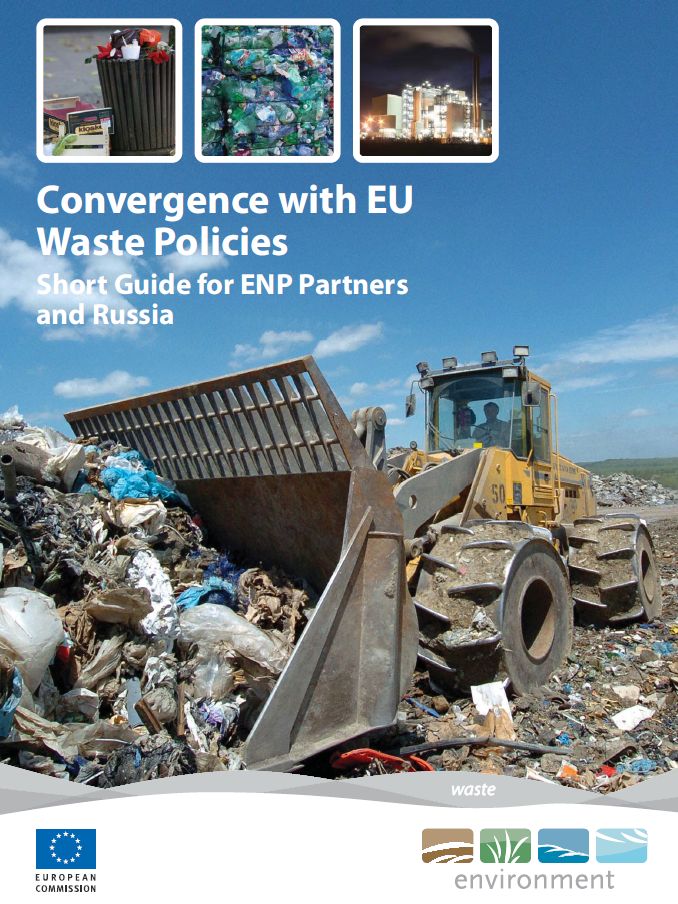By way of the European Neighbourhood Policy (ENP) and following the enlargement process of 2004, the EU aims to redefine its geopolitical interests and relationship with its new neighbours. These neighbours will be given the opportunity to co-operate and build privileged relationships just beneath the threshold of the EU membership status. By way of this project Ecologic, IEEP and SEI-Tallinn assist in implementing selected issues of the ENP Action Plans and the EU-Russia CES roadmap.
The new neighbours of the EU are now mainly non-European countries located in the Middle East and North Africa. EU enlargement therefore calls for a reshaping of Europe’s political and economic relationship with other parts of the world. The aim is to strengthen mutual prosperity, stability and security. This also calls for new policies to avoid the emergence of new dividing lines between the enlarged EU and its new neighbours.
The ENP seeks to create a system of graduated co-operation. Thereby existing relationships can be extended to deeper political ties and economic integration. These burgeoning relationships should build upon a mutual commitment to common values. Including democracy and human rights, rule of law, good governance, a market-based economy, and sustainable development.
Key instruments of the ENP are bilateral ENP Action Plans, which are mutually agreed upon between the EU and neighbouring countries. The plans aim to facilitate the neighbours’ participation within various EU activities and programmes. In this regard, the EU strives to treat each of the neighbouring countries independently in order to continue to develop relationships that are based on equality and mutual consent, and are responsive to each neighbour’s unique development position.
Against this background, the project “Environmental Components of the European Neighbourhood Policy” aims to assist the implementation of the ENP Action Plans and the EU-Russia CES roadmap. More specifically, objectives include:
- To explain the policies and principles embodied in EU legislation, and to evaluate how applying these policies and principles might assist neighbouring countries to tackle their environmental challenges. Ecologic produces short technical guides on key EU legislation in the fields air, water, waste, IPPC, nature protection and environmental impact assessment.
- To examine methodologies for quantifying the environmental benefits that neighbouring countries can achieve by complying with the EU environmental acquis and to determine the most appropriate methodology for such a quantification. This methodology will then be illustrated, using Ukraine as a case study;
- To explore the potential of Russia ratifying the UNECE Espoo Convention and to analyse the main issues and key institutional steps involved in its potential ratification. A stakeholder workshop will take place, assisting Russian stakeholders in identifying the next steps towards ratification.




